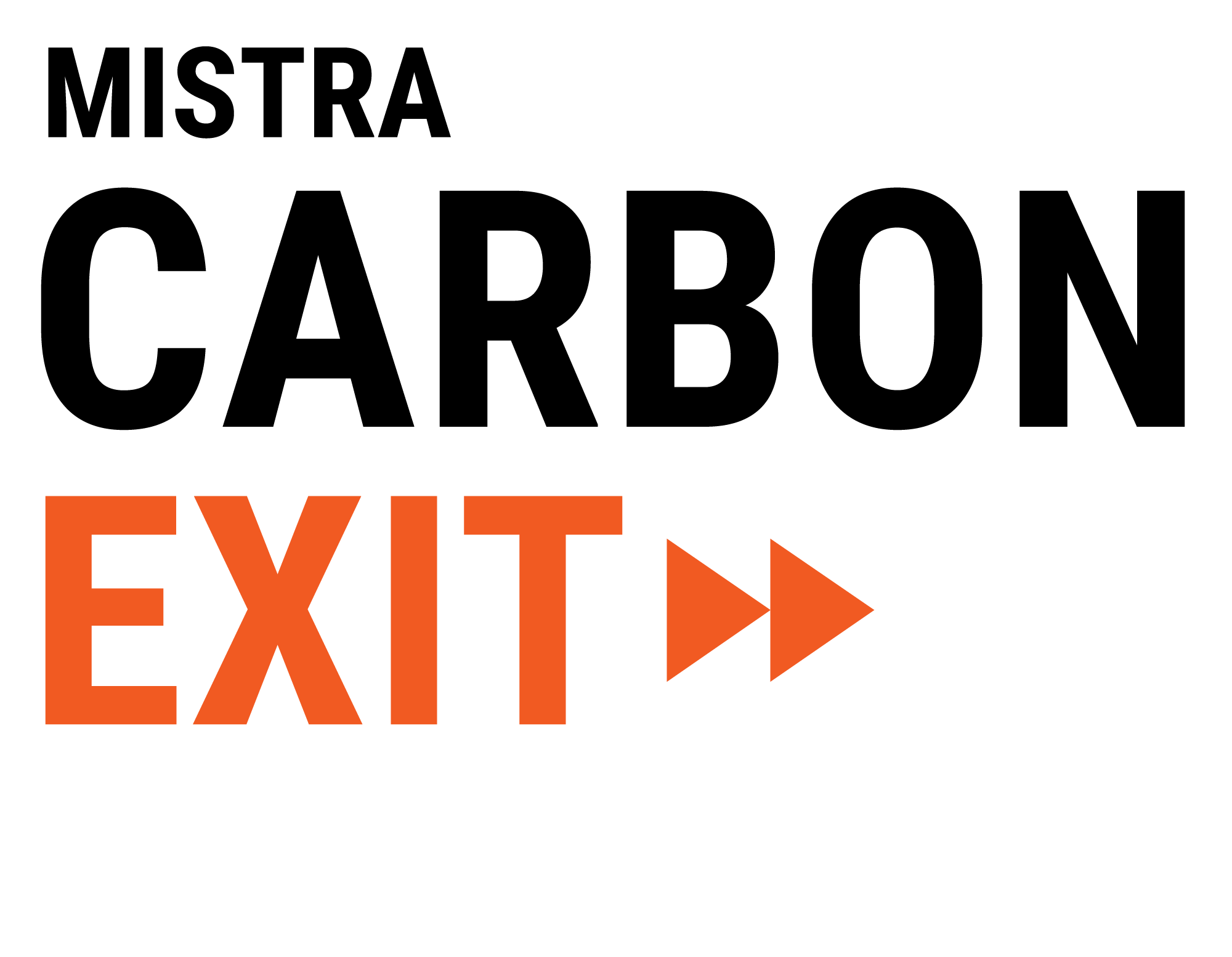Workshop report: Identifying opportunities and challenges associated with zero-emissions transformation of buildings and transport infrastructure supply chains
On October 24th clients, consultants, contractors and material suppliers involved in the supply chain of buildings and infrastructure came together for the first of a series of supply chain workshops. The workshop was intended to set the case studies focusing on buildings and transportation infrastructure in motion. The day included, e.g.,;
- presentation and discussions of ongoing and planned projects/initiatives representing current best practices with respect to reducing the climate impact of the construction process and production and supply of building materials.
- a group exercise where dedicated to identifying and ranking opportunities and challenges associated with zero-emissions transformation of buildings and transport infrastructure supply chains.
Based on the discussions at the workshop, moving forward, the case study work will be aimed at analyzing and hopefully contributing to enforcing:
- Measures/tools to realise the potential of a 50 percent reduction in the climate impacts from building and infrastructure construction processes that has been shown already exists today (see e.g. Uppenberg, 2017 and Elandsson, 2017), and,
- Measures/tools to accelerate the transition towards zero-emission production and practices in the supply chains from raw materials to completed buildings and infrastructure.
Key enablers and challenges identified in the discussions include:
Coordination and collaboration along the supply chains
That public actors can and should take the lead through, e.g., procurement requirements
Market making for zero-CO2 products
- De-risking & investment
- Pricing emissions & de-meriting use/production of CO2-intensive products
- Public procurement
- Demand reduction & substitution

